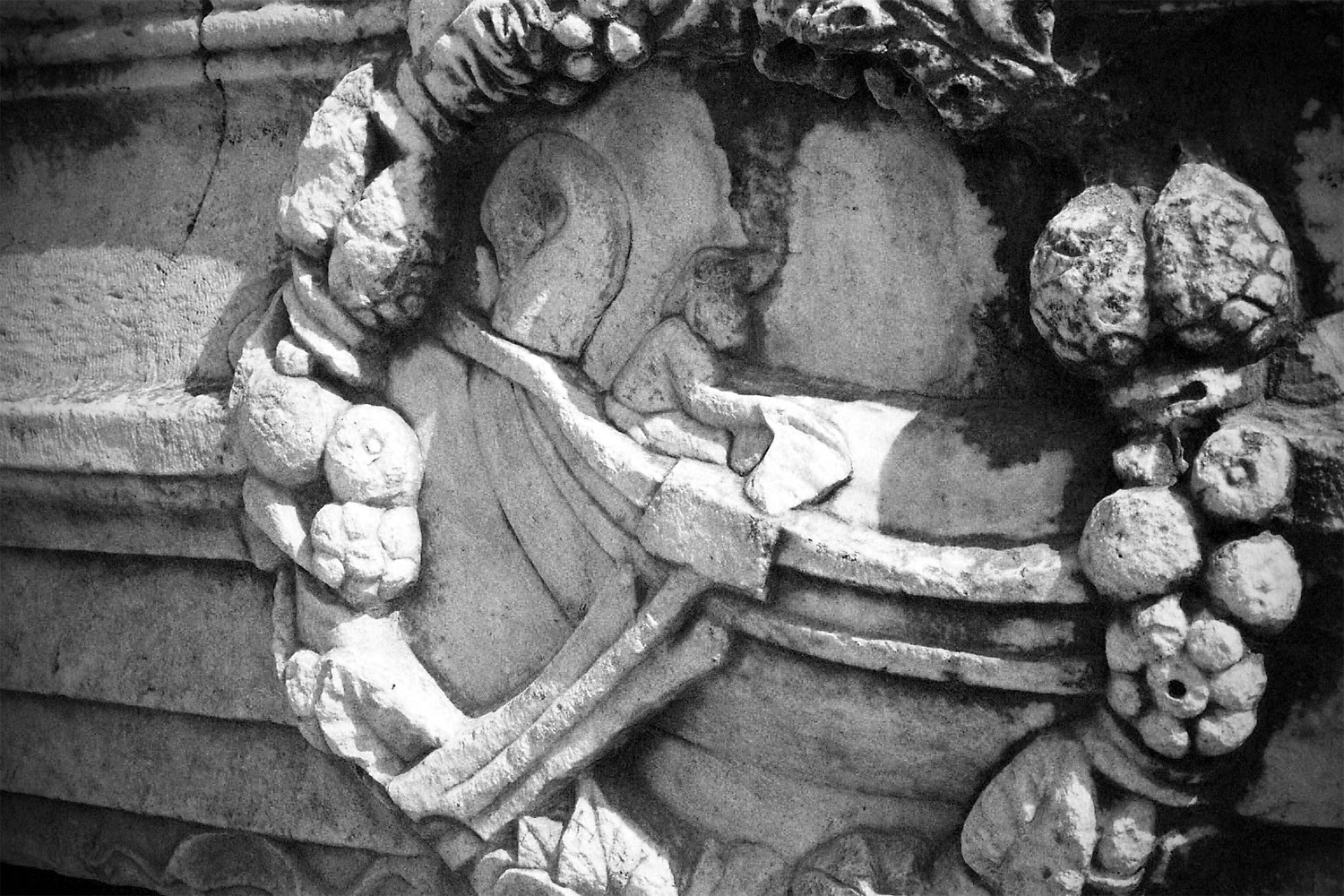tracings

In the course of his travels, he generally acquires some knowledge of one or two foreign languages; a knowledge, however, which is seldom sufficient to enable him either to speak or write them with propriety. In other respects, he commonly returns home more conceited, more unprincipled, more dissipated, and more incapable of any serious application, either to study or to business, than he could well have become in so short a time had he lived at home. By travelling so very young, by spending in the most frivolous dissipation the most precious years of his life, at a distance from the inspection and control of his parents and relations, every useful habit, which the earlier parts of his education might have had some tendency to form in him, instead of being riveted and confirmed, is almost necessarily either weakened or effaced.
Although it presents itself as an examination of happiness and memory, structured by a loose examination of Calvino’s Invisible Cities, Traces is a study abroad memoir, which is an odd genre that, like the Peace Corps memoir, is problematic in its privilege, its promises, and the limitations of its scope. That does not mean it is not a charming or elegant book – and certainly there is the savor of sour grapes in the vinegar here – but it is a memoir of an (in)experience, rather than the summing up its tone suggests it might like to be. 1
- Like certain sorts of fish one encounters at fancy tables – too many bones, not enough meat.[↩]
